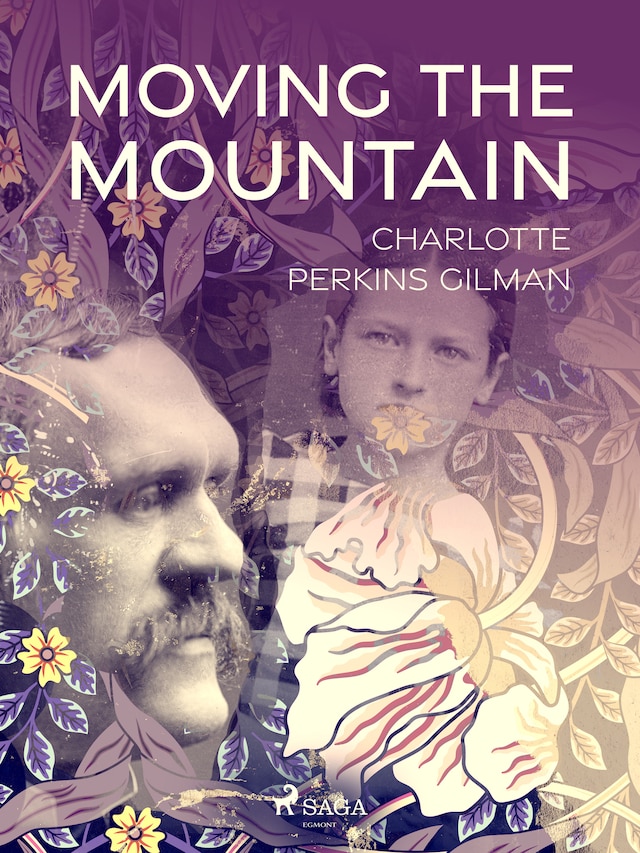
Moving the Mountain
Om bogen
‘Moving the Mountain’ (1911) is a novel by American feminist and writer, Charlotte Gilman. It is the first book of her classic utopian feminist trilogy that includes ‘Herland’ (1915) and ‘With Her in Our Land’ (1916).
After suffering from memory loss due to an accident during his trip to Tibet at the age of 25, John Robertson is eventually found by his sister Nellie thirty years later.
She helps him recover his memory, but on returning home to America, John is shocked to discover that much has changed and women are now emancipated. Can he learn to accept equality of the sexes and that the misogynist views of his youth no longer exist?
Readers looking for a utopian twist on Margaret Atwood's ´The Handmaid's Tale´ will love ´Moving the Mountain´!
Charlotte Perkins Gilman, also known as Charlotte Perkins Stetson (1860-1935), was an American feminist, writer, publisher and advocate for social reform. She wrote novels, short stories, poetry, and nonfiction, and has served as a role model for future generations of feminists.
She is best remembered for her semi-autobiographical short story, ‘The Yellow Wallpaper’ (1899), which she wrote after suffering a severe bout of post-childbirth depression.
Other notable works include her feminist utopian trilogy, ‘Moving the Mountain’ (1911), ‘Herland’ (1915), and ‘With Her in Our Land’ (1916). Gilman also published a collection of poems addressing women’s issues, called ‘In This Our World’ (1993).
 Charlotte Perkins Gilman
Charlotte Perkins Gilman 165 Sider
165 Sider